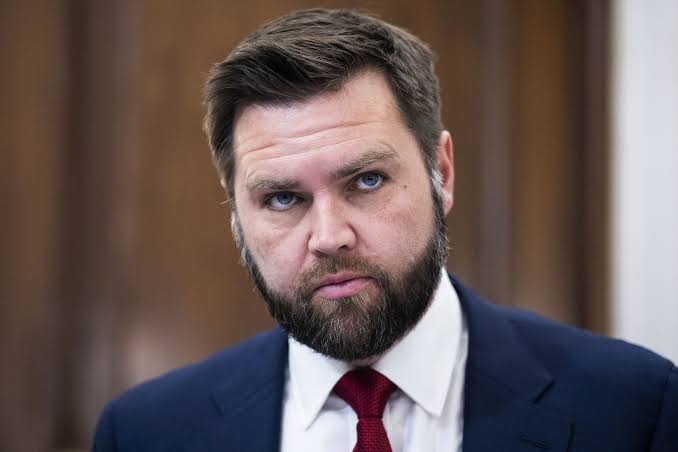
US Vice President JD Vance has proposed stricter immigration policies that could lead to the deportation of foreign students if their presence is deemed not to be in the country’s best interest.
Speaking in an interview with Fox News on Thursday night, Vance stated that the move aligns with the Trump administration’s broader efforts to tighten immigration controls. He argued that while some may frame the issue as one of free speech, it primarily concerns national security and determining who is permitted to remain in the U.S.
“This is not fundamentally about free speech,” Vance said. “Yes, it’s about national security, but more importantly, it’s about who we, as an American public, decide gets to join our national community.”
He further explained that the Secretary of State and the President have the authority to determine whether a foreign student should stay in the country. If deemed unfit, they would face deportation.
The Vice President also raised concerns over the increasing number of foreign students occupying spaces at elite American universities, arguing that this practice reduces opportunities for qualified American students. He specifically pointed to wealthy students from countries like China, who he claimed secure university spots at the expense of middle-class Americans.
“A lot of these foreign students, most of them, pay full tuition,” Vance said. “So what you sometimes have at elite universities like Columbia or Harvard is a well-qualified middle-class American kid who doesn’t get a spot because a Chinese oligarch, who is paying $100,000 a year, takes up that spot.”
He described the situation as harmful not only to national security but also to the American dream for students who struggle to gain admission to top schools.
The proposal comes amid a significant rise in the number of Nigerian students studying in the US Nigeria ranked as the seventh-largest source of international students in the country during the 2023/2024 academic session, with 20,029 students enrolled. If implemented, the policy could have a direct impact on Nigerian students and other international scholars in the U.S.
While the Trump administration has yet to release details on how the policy would be enforced, immigration and education experts have expressed concerns over its potential effects on international student mobility and the broader academic landscape in the United States.








